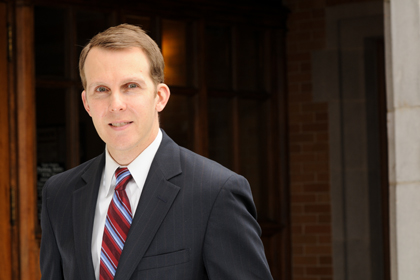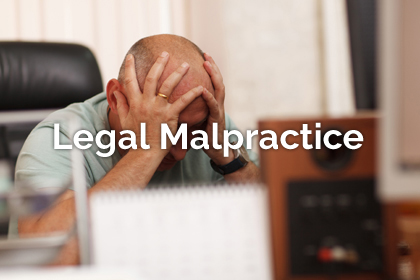New Jersey protects a Whistleblower in the workplace with one of the strongest employment laws in the United States. The law is known as the Conscientious Employee Protection Act or CEPA for short.
The Whistleblower law protects an employee who engages in certain activity. An employer is not supposed to retaliate against an employee who complains, objects, or threatens to disclose a violation of the law, regulation or public policy. Such illegal retaliation includes wrongful termination, suspension, or discipline.
Under CEPA, an employee does not have to make a report to an outside agency to be a Whistleblower. If an employee voices an objection to an employer, he or she can be a Whistleblower.
The objection or complaint must be about a violation of a law, a regulation , or a public policy. In a CEPA lawsuit, it is very important to cite the specific law or regulation relied upon. Courts do not consider a violation of an employer’s policy that has no connection to an outside law, regulation, or public policy to be enough to satisfy this element of the law. Policies in an employer’s handbook do not usually provide a solid foundation for a CEPA lawsuit.
An example of a violation of a law would include complaints about violations of workplace safety under the Occupational Safety and Health Administration (OSHA). Employee who is retaliated against can file a lawsuit. A successful lawsuit can result in recovery of lost wages, emotional distress damages, attorneys fees and costs, and punitive damages.
Ronald J. Wronko, Esq., is experienced in pursuing Whistleblower lawsuits. If you believe that you have been the subject of retaliation for being a Whistleblower, please contact the Law Offices of Ronald J. Wronko at 973-360-1001, at ron@ronwronkolaw.com, or by filling out a case evaluation request on our website To find out more about Ronald J. Wronko, please follow this link https://ronwronkolaw.com/firm/



